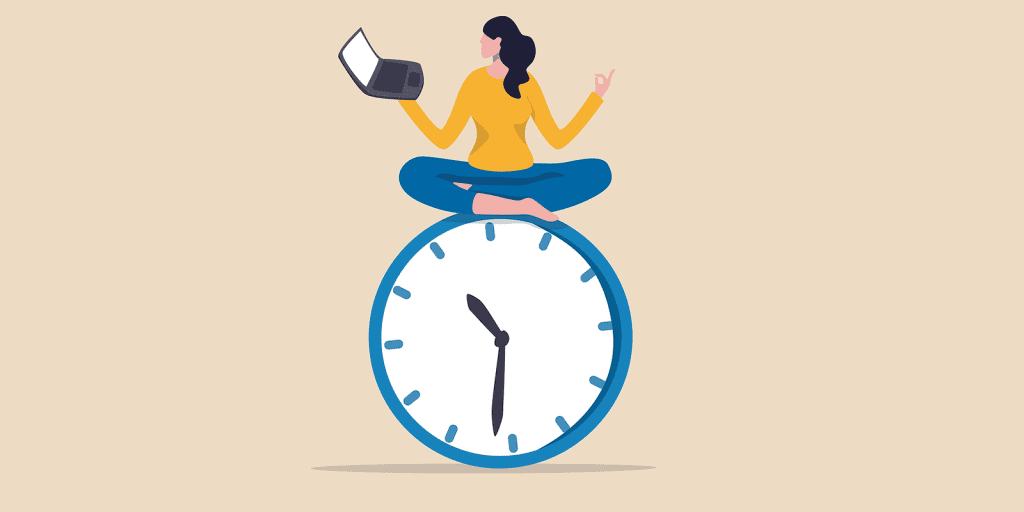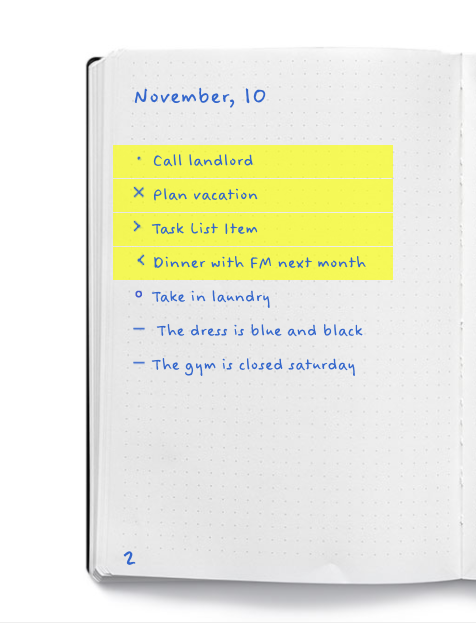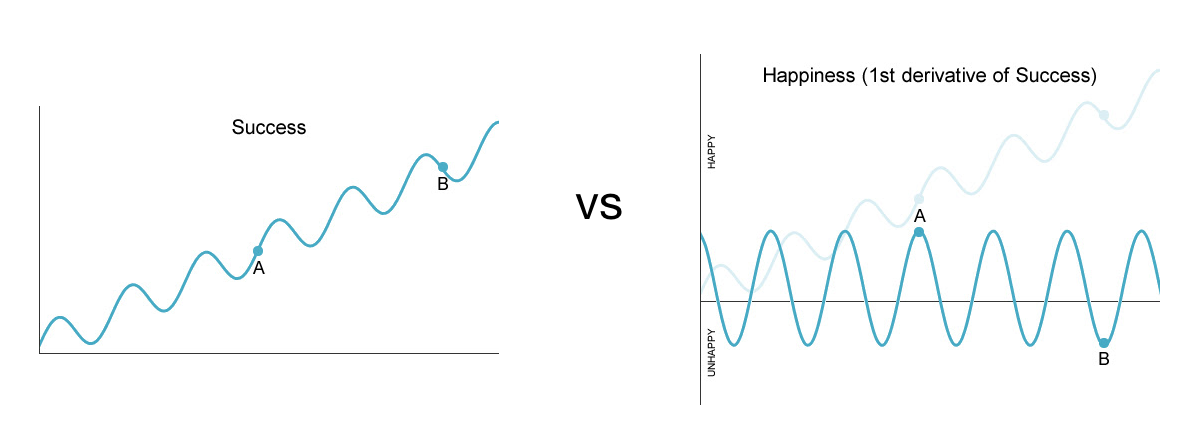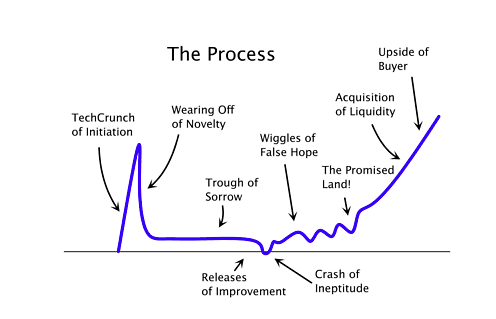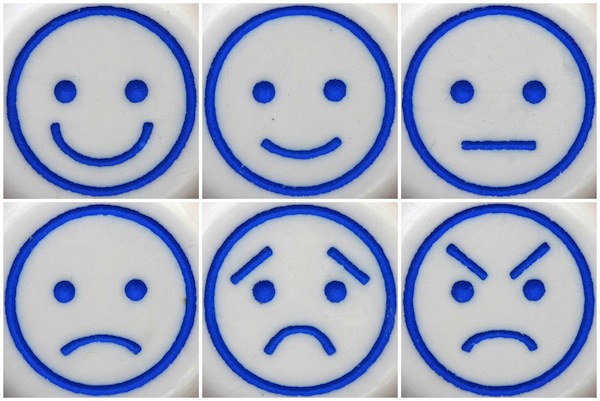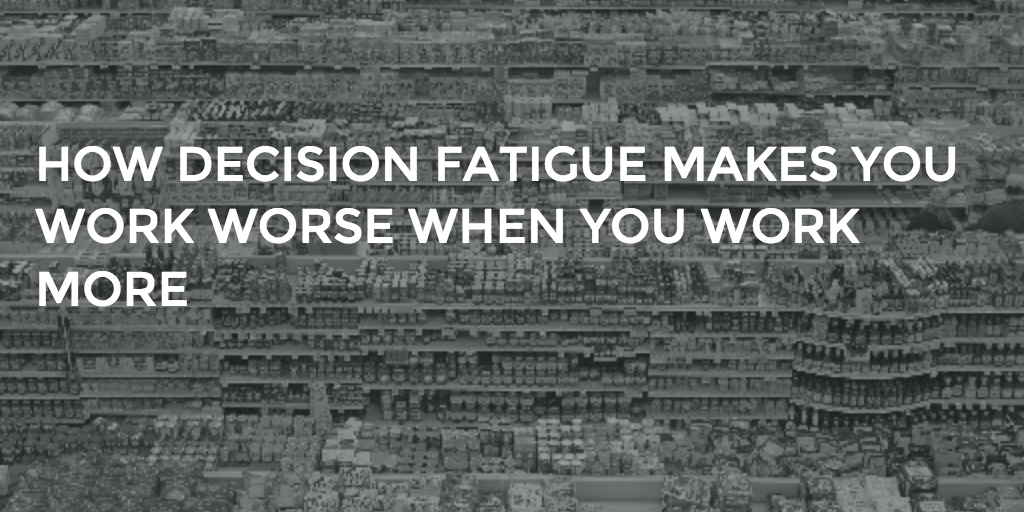A productive office is supposed to be a buzzing hive of activity, right?
But as a manager, a workplace that’s always humming with constant activity is not what you want to see — because it’s a sign that something has gone awry. It means that people are putting on a show to look busy all the time.
You know the trick: when someone walks by, you quickly switch tabs to bring up the spreadsheet or report you’re supposed to be working on, or engage in theatrics like looking very annoyed or walking briskly like you’re a very important person who can’t be bothered.
Welcome to Productivity Theater. Even though it’s impossible for human beings to be working nonstop, that’s what’s expected at the workplace. Looking busy becomes how you get recognized for doing a good job. The result is a show put on for the managers — and proceeds largely according to their expectations, scripts, and direction.

